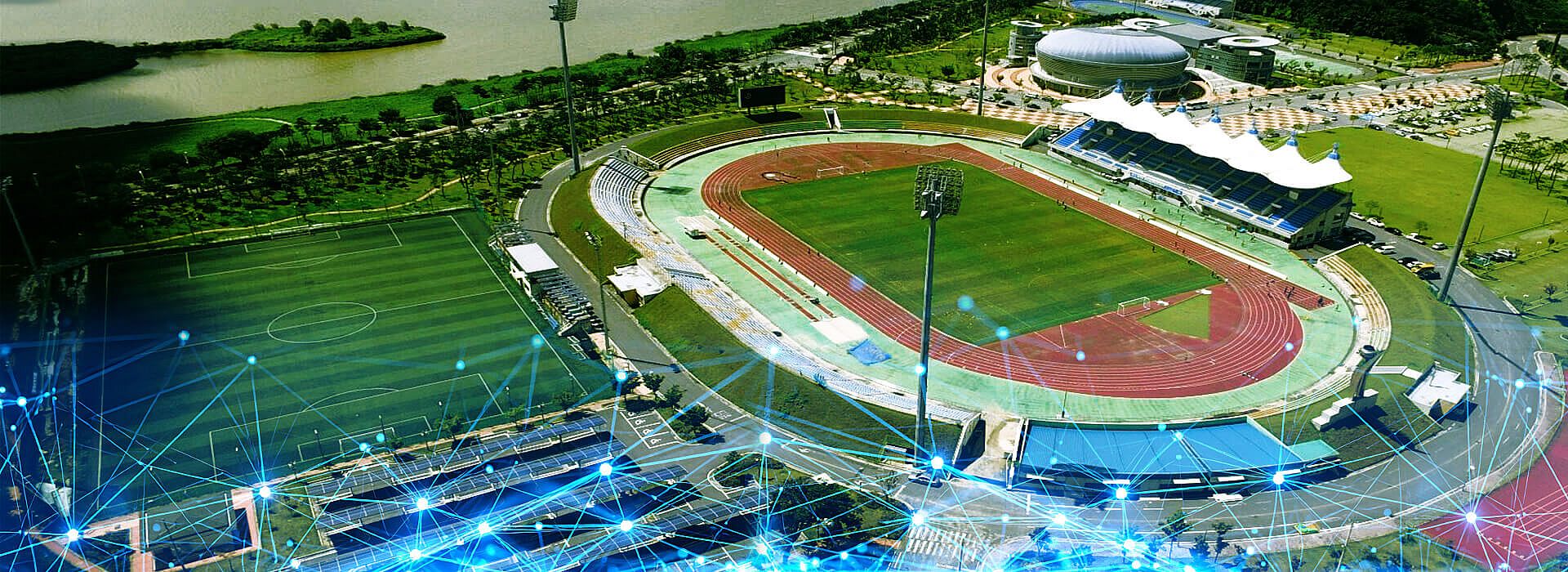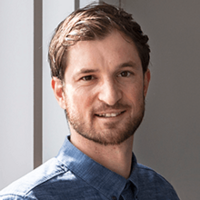
Sector coupling to increase energy efficiency in the neighborhood
The project will use the Sports Park in Naju, South Korea as a case study location. The Gwangju and Jeonnam Software Convergence Cluster (GJSCC) has been working since 2016 to transform the Sports Park to a location for demonstrating a smart energy platform. The park is currently connected to a range of electricity generation and storage technologies, including photovoltaic and solar thermal systems, gas-operated fuel cells, thermal pumps, warm-air pumps and wastewater heat recovery, as well as an ESS battery system and thermal storage. The system supplies electricity, room heating, warm water and cooling for a group of buildings that include sports facilities and sports housing. High-resolution, highly-precise energy meters are connected to the system through a series of key nodes in order to monitor the operation and send back information to an energy management platform for real-time control.
The project aims to identify synergies and compromises by integrating various renewable and low-carbon generation and storage technologies into an energy system. Together with the Smart Cities Group of Fraunhofer ISE, the research group on Sustainable Energy Systems of TU Munich and the consulting office Ö-quadrat, the sports park in the city of Naju, South Korea, is to be used as a case study to examine the real operation of an integrated energy management.
fortiss is helping the partners to expand the existing energy management platform by enabling advanced monitoring, optimization and control of the system. Plans are in place to develop methods for analyzing high-resolution data in order to derive information that can be used to monitor the existing system and serve as a guide for a new system design. The project will also illustrate methods for the optimization of an integrated energy system based on various goals, such as cost savings and reduced CO2 emissions.
Gwangju & Jeonnam Software Convergence Cluster
01.12.2019-31.12.2020
